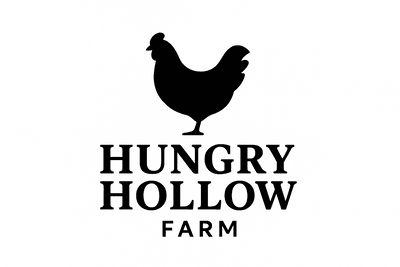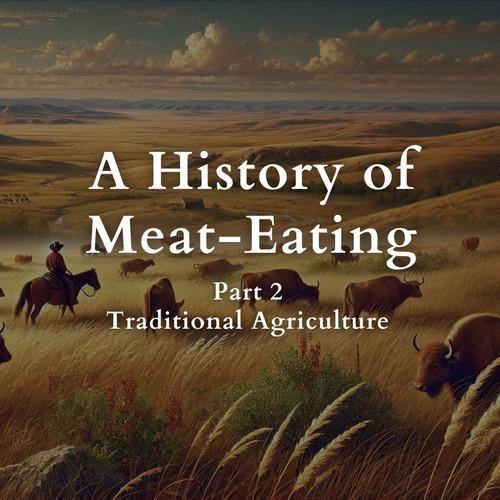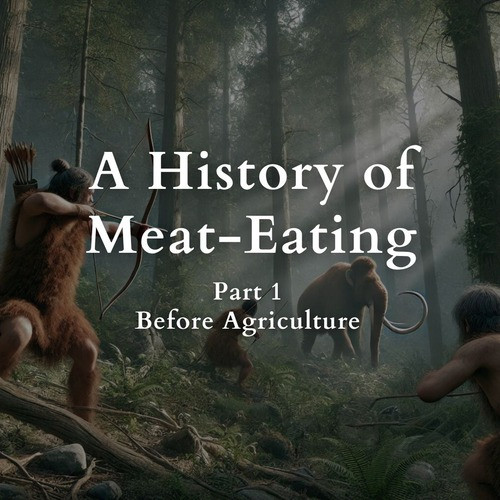6 Questions to Ask your Pig Farmer
posted on
March 15, 2022

If you're sourcing pork from pastured raised pigs, you're already way ahead of the game. Pastured pork is associated with greatly improved animal welfare, nutrient-dense and flavorful meat, and ecological regeneration... when the pigs are managed properly.
Proper management brings pastured pork systems to their full potential. To help you become a truly discerning pastured pork customer, we've listed our top 6 questions to ask your pastured pig farmer, along with the answers for our farm here on the Olympic Peninsula in Washington State.
If you want to nerd out with us on why these questions are so important, be sure to check out our post on How to Choose the Best Pastured Pork. We hope this list helps you find the best producer of pastured pork in your area!

#1 What do your pigs eat?
Our pigs are fed a daily ration of Washington-grown and non-transgenic peas, wheat, and barley. They also forage every day for worms, insects, and plants in our pastures. These plants include a variety of clovers, grasses, peas, oats, radishes, collards, turnips, chicory, and kale. For their last few weeks, we feed our pigs lots of apples and pears that we grow here on the farm. This is known as their "finishing diet," which imparts a distinctive sweet flavor to the pork.
Bottom line:
Feed quality and diversity directly affect pork quality.

#2: Which breeds do you raise?
We raise a variety of heritage breeds that are well suited to the pasture environment. This year's mix includes Berkshire, Red Wattle, Duroc, Hampshire, Yorkshire, Chinese Black and others.
Bottom Line:
Breed characteristics directly affect pork quality.

#3: What are the farrowing conditions?
We source our piglets from small-scale breeders here on the Olympic and Kitsap peninsulas. We require that gestation crates are not used, and that sows (mama pigs) have a comfortable shelter with plenty of dry bedding away from other pigs to nurse their litter.
Bottom Line:
Gestation crates are widely recognized as the industry's most egregious abuse of animals.

#4 How do your pigs maintain thermal comfort?
We raise pigs seasonally from late Winter to mid Fall. This seasonal production cycle allows our pastures to rest each winter and allows us to keep pigs off pastures during the coldest and wettest time of year. Our pigs always have access to mobile shelters, which provide protection from rain and winds (and dry bedding!) during the cool season, and shade during the warm season. On hot days, we create a wallow for pigs to soak in so that they can stay cool.
Bottom Line:
Raising pigs outdoors does not guarantee happy animals; good husbandry requires management practices suited to each particular climate and season.

#5: How much vegetative cover is maintained?
We align our production practices with the standards set by Global Animal Partnership's Step 5 - "Animal Centered" welfare certification.This means that we generally maintain a minimum of 50% vegetative cover in our pastures. An exception to this is when we intentionally utilize pigs to clear a pasture in preparation for planting new forage and/or soil-enriching cover crops.
Bottom Line:
Maintaining vegetative cover or "soil armor" is fundamental to long term soil health.

#6: Do you offer farm tours?
Why yes, we do! As part of our commitment to complete transparency, we offer farm tour dates throughout the year. You can learn more and reserve a farm tour here. If those dates don't work, reach out and we'll figure out another time for you to visit!
Bottom Line:
You have a right to see how your food is produced!
Conclusion
That concludes our series on questions to ask your pig farmer. To go even deeper, be sure to check out our post on How to Choose the Best Pastured Pork. We hope this information helps you find the absolute best pastured pork in your area!
###
If you enjoyed this article, please consider sharing!
About Hungry Hollow
Hungry Hollow is a diversified farm in Shelton, WA producing pasture-raised meat, eggs, and vegetables. With a focus on animal welfare and ecological stewardship, our work models an alternative to industrial agriculture that is rooted in joy, transparency, and reverence for life.



